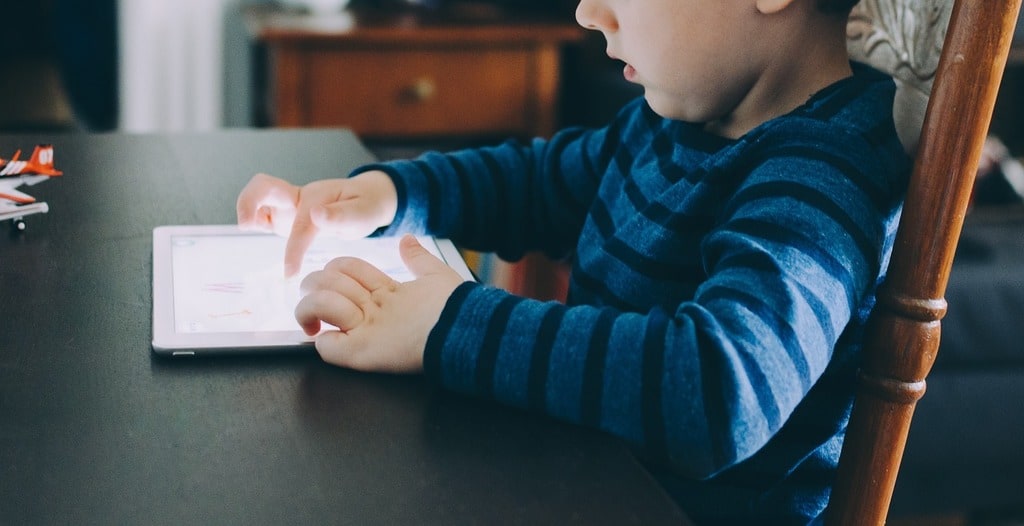The influence of media on modern society is profound and pervasive, shaping public opinion, cultural norms, and even individual identity. From the printed press of centuries past to the digital platforms of today, media has consistently played a critical role in the dissemination of information and the formation of social consensus.
Media’s Role in Shaping Public Opinion
Media outlets wield significant power in molding public opinion. By choosing which stories to highlight and how to present them, media can prioritize certain issues over others, thereby influencing what people discuss at the dinner table and in the halls of government. This selective reporting often creates a phenomenon known as the agenda-setting effect, where the priority given to issues in the media becomes the priority accorded to them by the public.
The framing of news stories is another tool that media uses to sway public perception. The language and context provided in news coverage can lead audiences to interpret information in a way that aligns with the outlet’s editorial stance. This can be particularly evident during political elections or legislative debates, where media coverage can significantly influence public sentiment and decision-making.
Impact on Political Processes
In democratic societies, media is often hailed as the fourth estate, an independent observer and check on government power. However, the relationship between media and politics is complex and often symbiotic. Politicians and governments use media to communicate with citizens, while media relies on political activities as a primary source of content.
The effectiveness of media in this role depends significantly on its independence and integrity. When these are compromised, media’s ability to act as a watchdog is diminished, leading to a less informed electorate and a weaker democratic process. This dependency highlights the importance of media literacy among the public, enabling individuals to critically evaluate the information presented to them.

Transforming Cultural Norms
Media not only reflects but also shapes cultural norms and values. Through both entertainment and news media, certain lifestyles, behaviors, and perspectives are promoted over others. This can have both positive and negative effects on society. On the positive side, media has the power to promote understanding and tolerance by showcasing diverse cultures and perspectives. However, it can also perpetuate stereotypes and misinformation, leading to divisions within society.
Television shows, movies, and online content often portray idealized lifestyles and standards of beauty that can influence audience self-perception and behavior. The prevalence of such content creates societal norms that can be unrealistic and unattainable, contributing to issues like body dysmorphia and an increase in mental health struggles.
Role in Social Change
The role of media in social change is undeniable. By highlighting social issues and injustices, media can galvanize public support and lead to policy changes. The coverage of significant events such as the civil rights movements, environmental campaigns, and more recently, global protests against inequalities, has not only informed the public but also mobilized it.
One of the most dynamic aspects of media today is its role in social activism. Platforms like Twitter, Facebook, and Instagram allow individuals to share their stories and mobilize support far more quickly than traditional media outlets ever could. These platforms enable grassroots movements to gain momentum, pushing societal change from the bottom up.
Media’s Influence on Individual Identity
The relationship between media and individual identity is deeply interwoven. Media consumption can significantly affect an individual’s values, beliefs, and self-image. This influence extends beyond mere entertainment; it involves the psychological impact of media exposure, which can shape identity over time.
Personal development and media exposure are closely linked, with research indicating that media can influence career choices, political affiliations, and even personal relationships. The constant barrage of media messages about what constitutes a successful, happy, or moral life can guide individuals’ choices and aspirations.
In conclusion, media’s impact on modern society is multifaceted and significant. It shapes public discourse, molds cultural norms, influences individual identity, and has the potential to drive societal change. Understanding this influence is key to navigating the media-saturated world of today.
